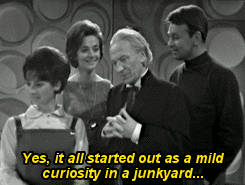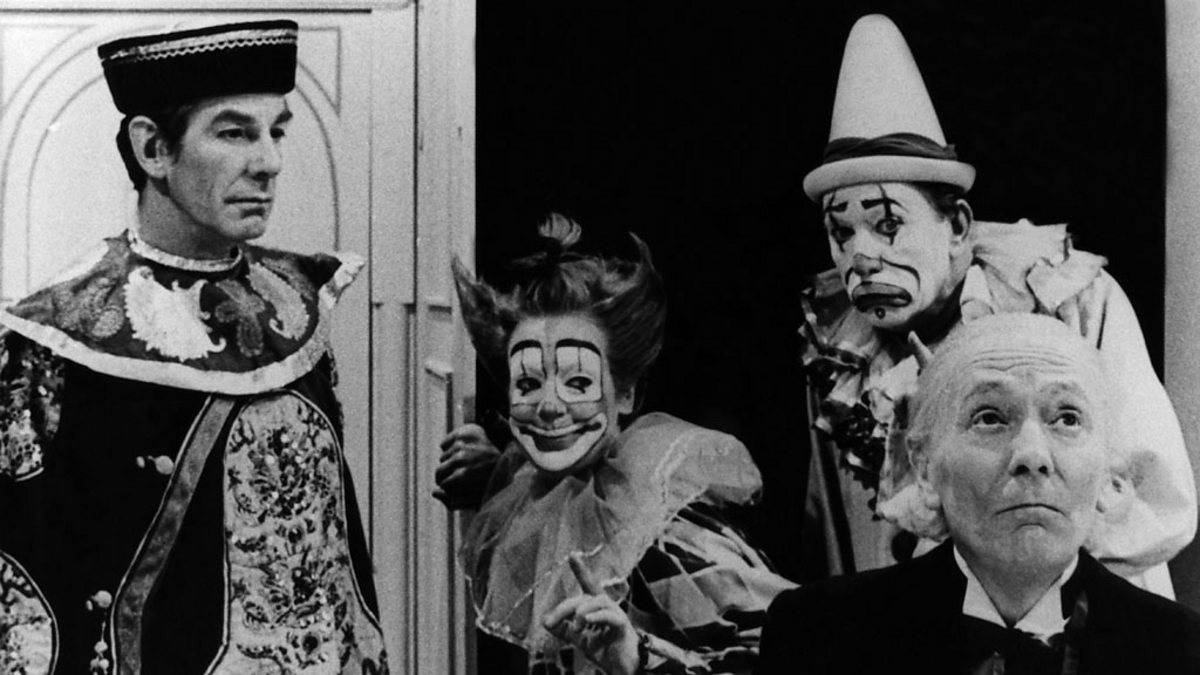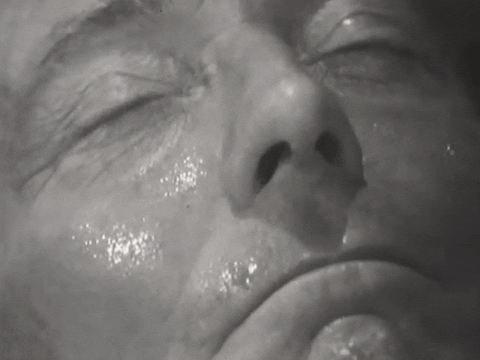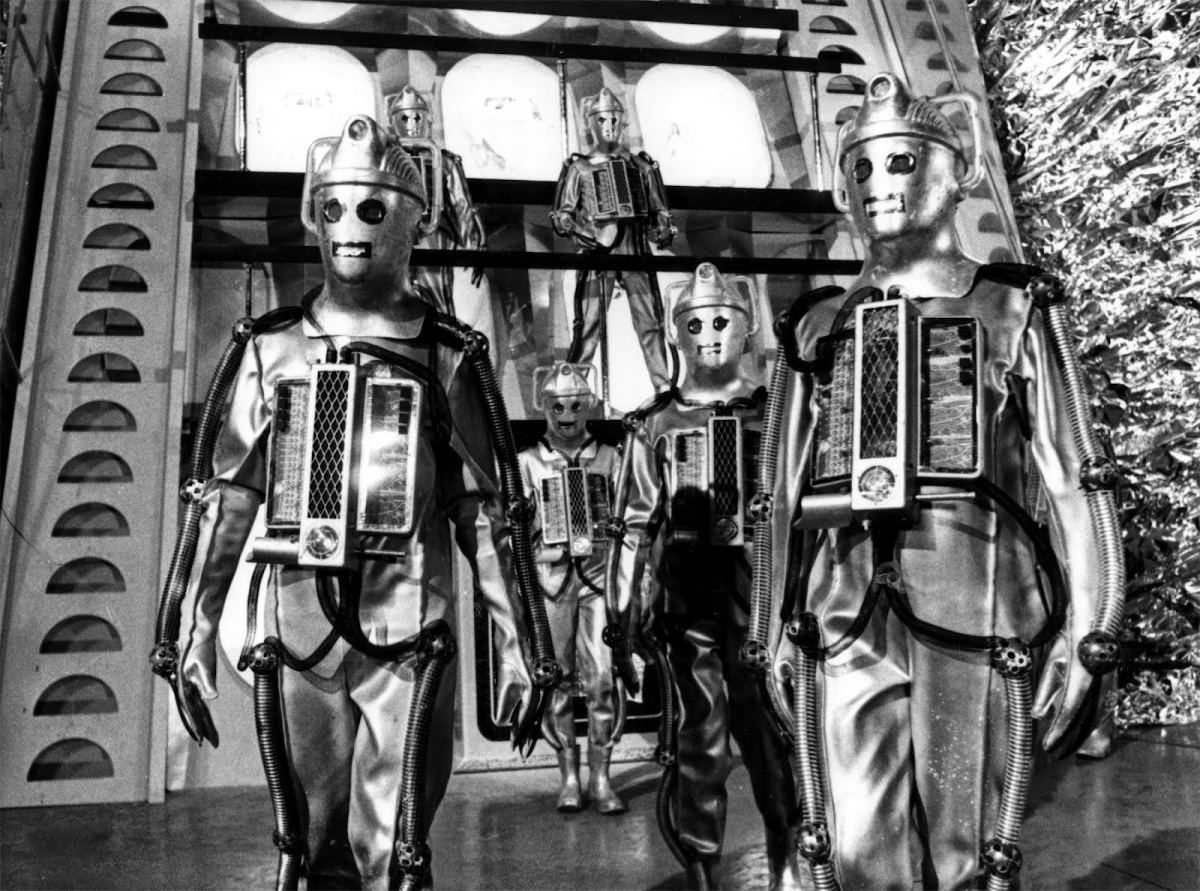We begin a journey through time and space, a voyage through collective memories of a franchise that this year marks its 60th Anniversary. It's often said of older franchises that they are ones that we grew up with but Doctor Who now finds itself as a rare example of a show that some of its audience lived alongside and increasingly now find themselves growing old with.

Being such a long running show, it has experienced deviations from its established canon repeatedly as successive showrunners contend with finding ways of keeping the show engaging to new generations of viewers time and time again. From its original set up, to the life saving conception of making recasting the central role a core aspect of the character - Doctor Who has changed and evolved throughout the six decades of its existence.
Each actor playing the central role of the Doctor has experienced their own fanbase in a similar way to how fans of James Bond are often attached to the one they grew up with. Each represented their own take on the character whilst at the same time contributing to an overall tapestry of a role that is also one and the same throughout. In celebration of the shows latest milestone and it's preparations to step into a new era for its seventh decade on screens, we take a look back at the history and canon of:
Doctor Who
Doctor Who: Series 01
1963 and families sit down in front of their TV's as a black and white image transitions from the BBC1 logo to the very first ever episode of what would become one of the longest running shows ever made. School teachers Barbara and Ian discover the Tardis in a junkyard and this discovery leads them to meet William Hartnell's First Doctor and his granddaughter Susan. Running over 40 episodes in length, the season quickly introduced the Doctors iconic enemies the Daleks. Regularly averaging between 7-10m viewers, the show became an unexpected hit for the BBC and plans were quickly made to produce a second run.

Have you watched the original series or where you there when it originally aired?

Being such a long running show, it has experienced deviations from its established canon repeatedly as successive showrunners contend with finding ways of keeping the show engaging to new generations of viewers time and time again. From its original set up, to the life saving conception of making recasting the central role a core aspect of the character - Doctor Who has changed and evolved throughout the six decades of its existence.
Each actor playing the central role of the Doctor has experienced their own fanbase in a similar way to how fans of James Bond are often attached to the one they grew up with. Each represented their own take on the character whilst at the same time contributing to an overall tapestry of a role that is also one and the same throughout. In celebration of the shows latest milestone and it's preparations to step into a new era for its seventh decade on screens, we take a look back at the history and canon of:
Doctor Who
Doctor Who: Series 01
1963 and families sit down in front of their TV's as a black and white image transitions from the BBC1 logo to the very first ever episode of what would become one of the longest running shows ever made. School teachers Barbara and Ian discover the Tardis in a junkyard and this discovery leads them to meet William Hartnell's First Doctor and his granddaughter Susan. Running over 40 episodes in length, the season quickly introduced the Doctors iconic enemies the Daleks. Regularly averaging between 7-10m viewers, the show became an unexpected hit for the BBC and plans were quickly made to produce a second run.

Have you watched the original series or where you there when it originally aired?






Comment